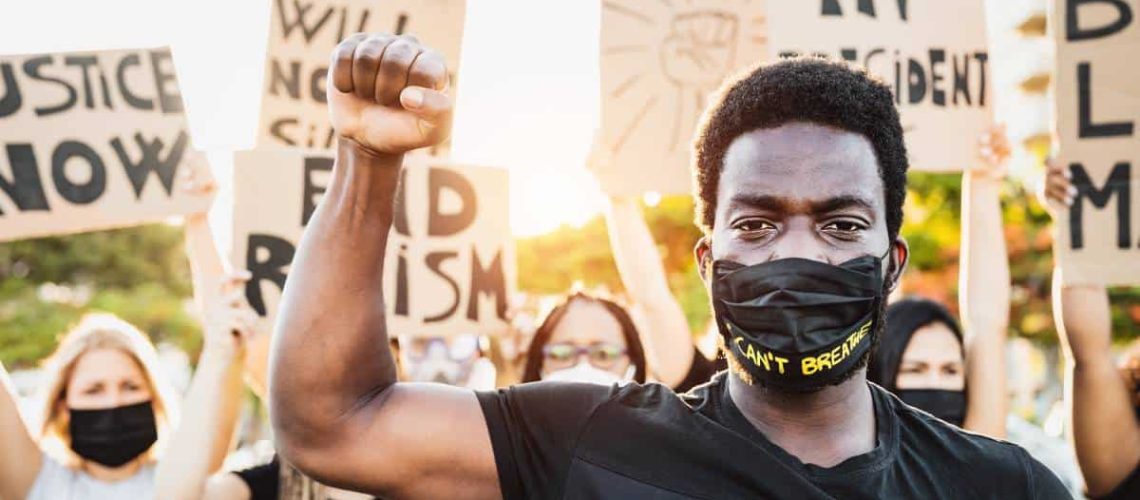Why are you denying reality? America’s denial of Black history isn’t just a minor oversight—it’s a deep-rooted issue affecting us all. Here are 18 reasons why this critical part of our history is often ignored or misrepresented.
1. Systemic Racism And Historical Erasure
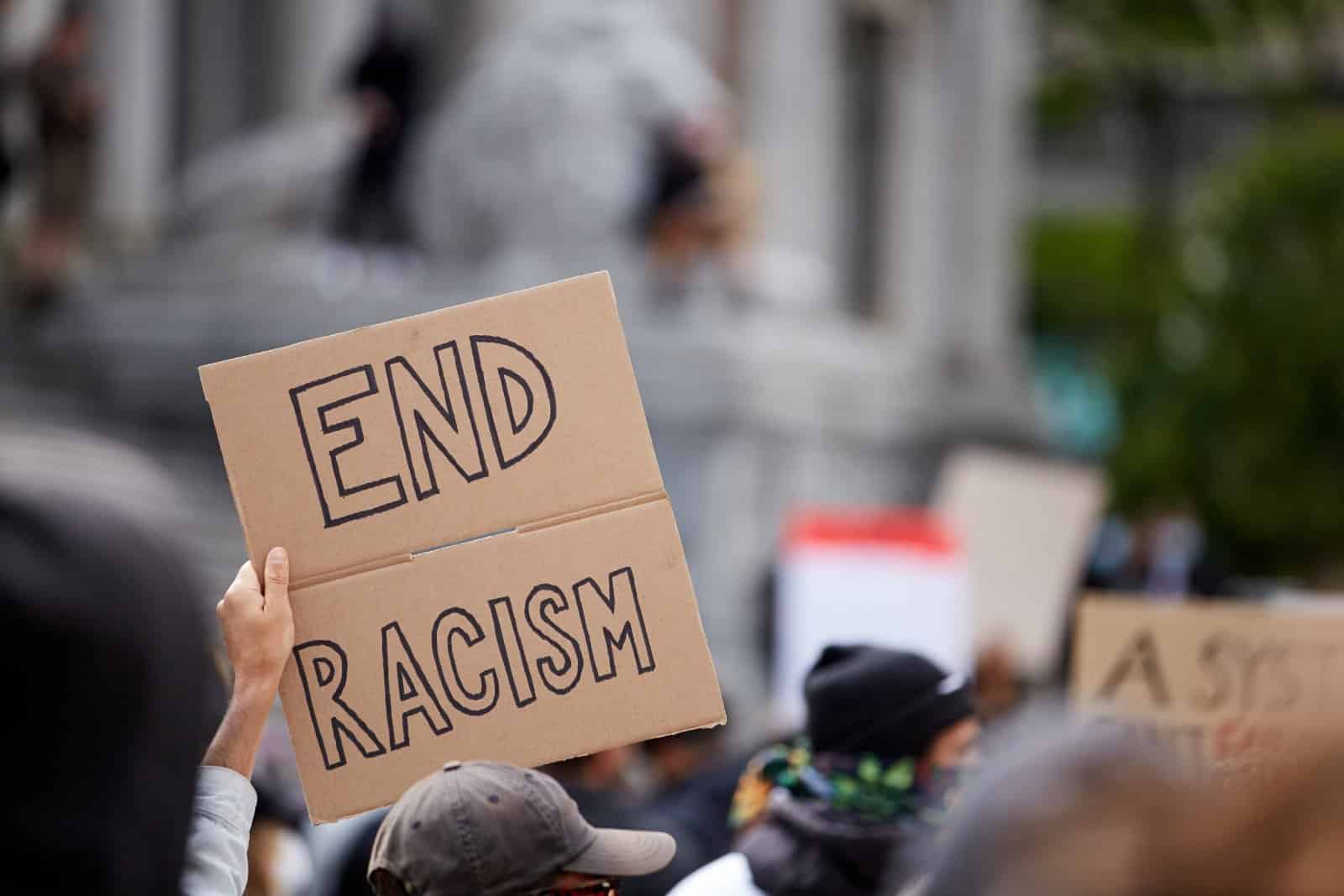
Systemic racism has led to the erasure and distortion of Black history. For years, narratives highlighting white achievements have overshadowed Black contributions, creating a skewed version of history.
2. Educational Shortcomings

Many U.S. schools fail to teach comprehensive and accurate Black history. According to a study, only a small portion of history classes cover Black history adequately, focusing mainly on slavery and the civil rights movement.
3. Political Agendas

Some politicians resist including thorough Black history in school curricula, labeling it as divisive. Recent debates over Critical Race Theory have led to efforts in various states to restrict the teaching of systemic racism.
4. Cultural Resistance

Certain segments of the population resist confronting uncomfortable truths about America’s past. Acknowledging the full extent of Black history requires facing these truths, which many are reluctant to do.
5. Media Representation

Historically, media has excluded or misrepresented Black history and culture. This lack of accurate representation reinforces stereotypes and contributes to the denial of the rich and varied experiences of Black Americans.
6. Lack of Representation in Decision-Making

When those in power do not reflect the diversity of the population, the histories of marginalized groups are often left out. This results in an incomplete portrayal of history.
7. Legislative Censorship

Recent laws in states like Ohio and Oklahoma aim to prohibit teaching concepts that suggest the U.S. is fundamentally racist. These laws contribute to the censorship of comprehensive Black history education.
8. Police Brutality and Systemic Racism
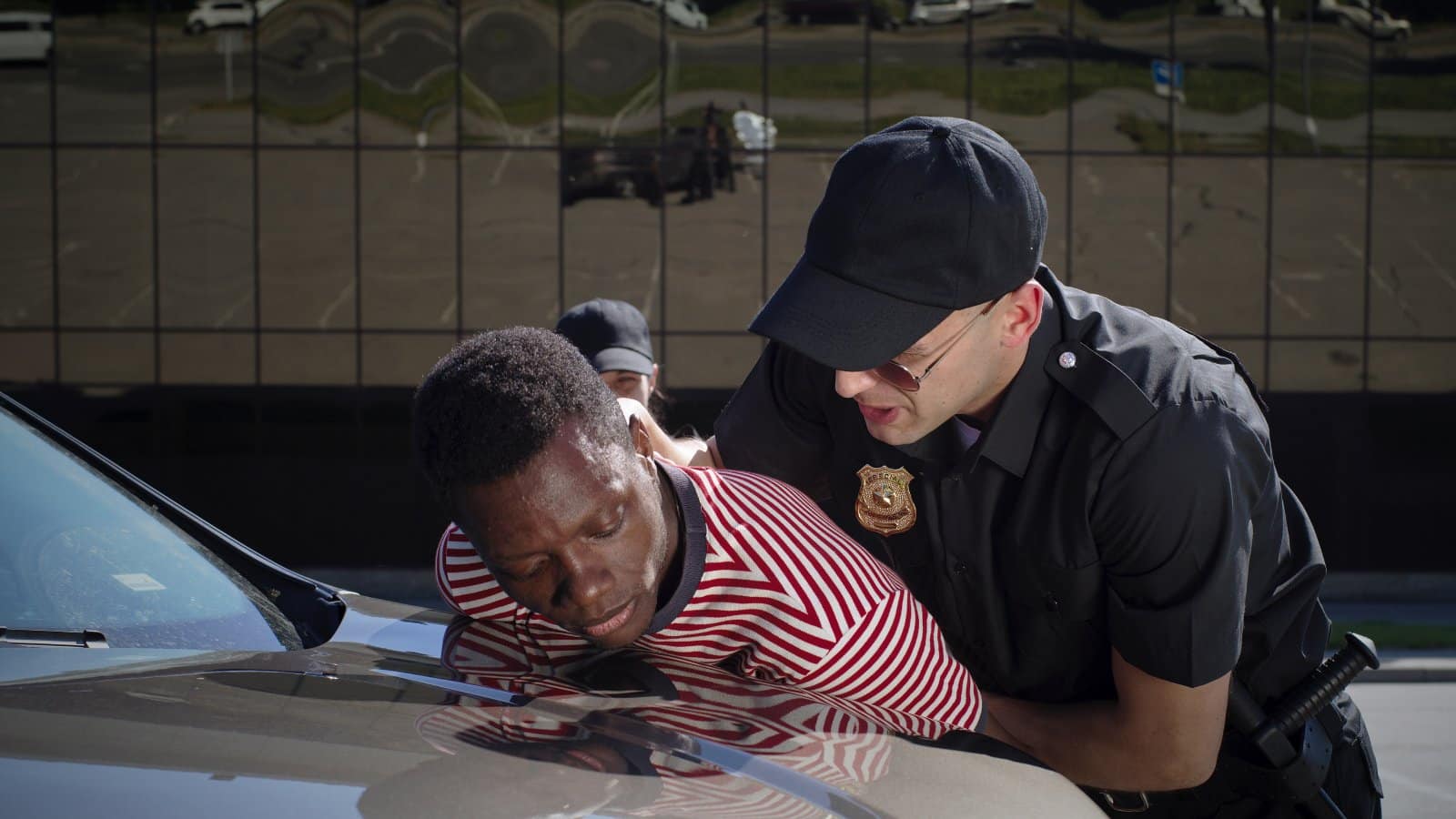
A significant portion of Black Americans view systemic racism and police brutality as major problems. According to Pew Research, 63% of Black Americans consider racism and 60% see police brutality as extremely big issues.
9. Economic Inequality

Black Americans face higher rates of unemployment, lower wages, and less access to economic opportunities. These disparities are a direct result of historical injustices that are often omitted from mainstream history.
10. Decline in Black Farming
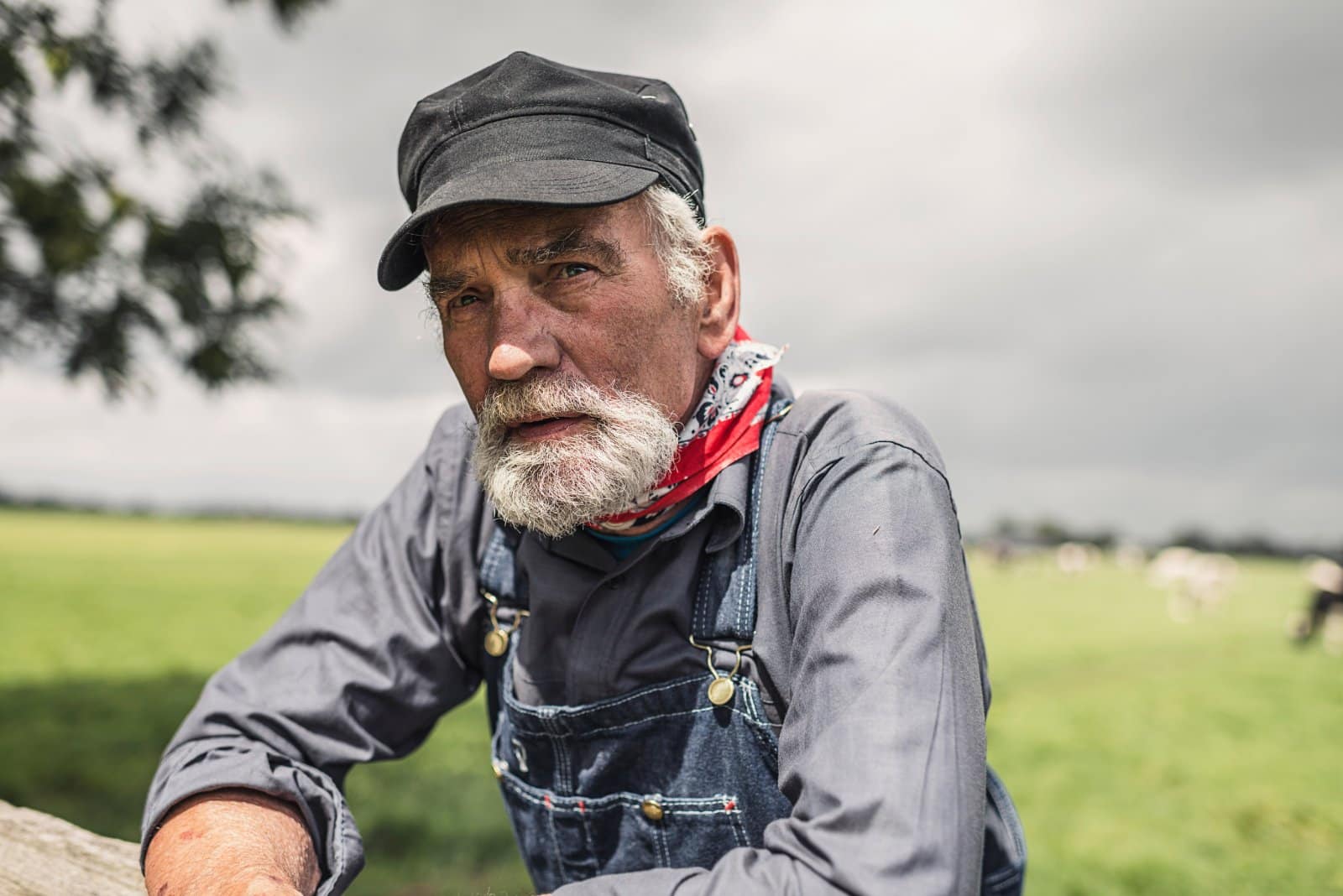
Black farmers have lost over 12 million acres of farmland due to systemic racism and biased policies. Today, only 1% of U.S. farmers are Black, down from 14% in 1919. This dramatic decline is rarely discussed in mainstream history.
11. Misrepresentation in Textbooks

Black history is often misrepresented or omitted in school textbooks. Studies have shown that history textbooks frequently downplay the severity of slavery and the contributions of Black Americans. This misrepresentation perpetuates ignorance and denial.
12. Influence of White Supremacist Narratives
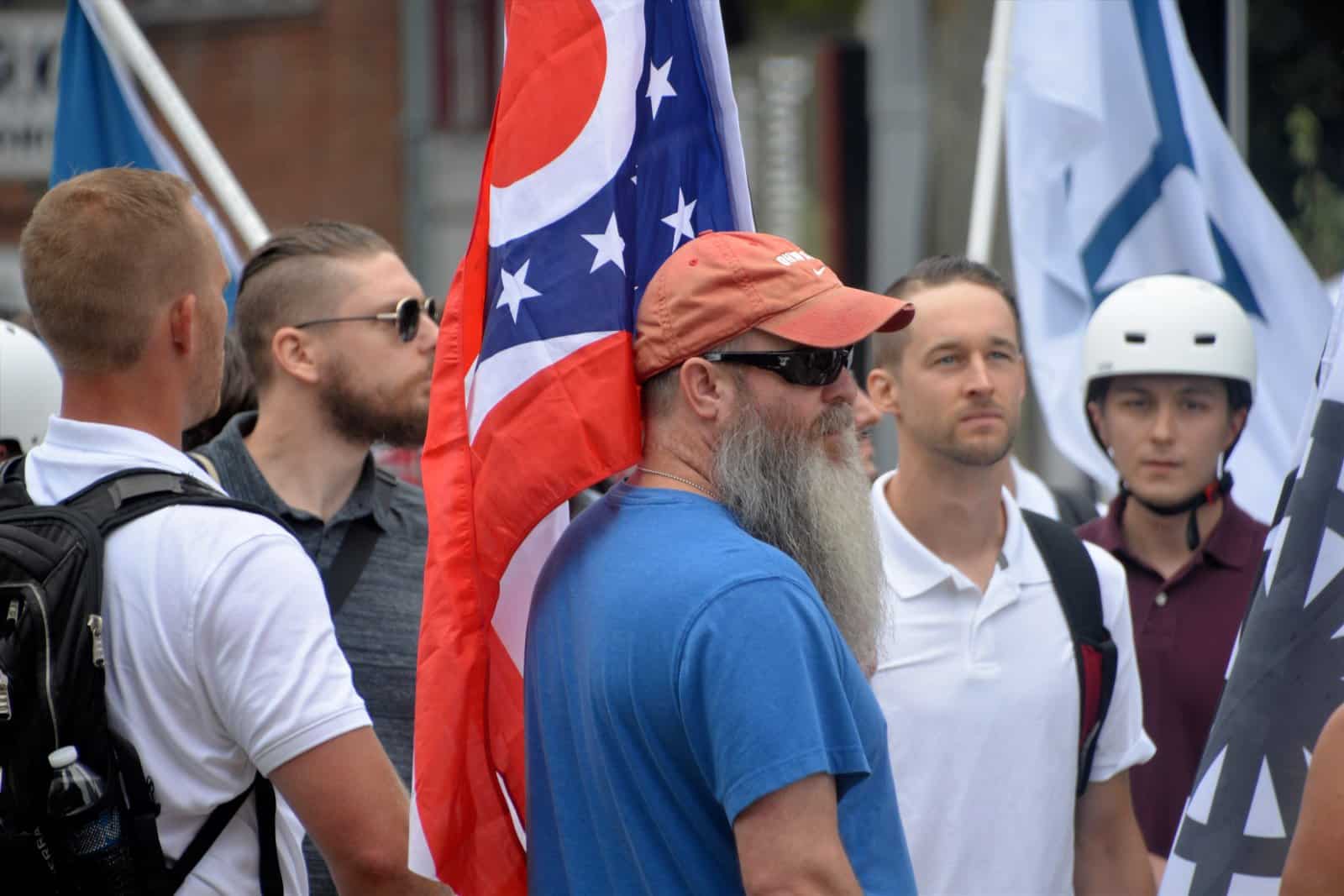
The influence of white supremacist narratives in shaping American history cannot be ignored. Historical events like the Tulsa Race Massacre have been downplayed or omitted in history classes, reinforcing a biased and incomplete understanding of American history.
13. Underrepresentation in Media
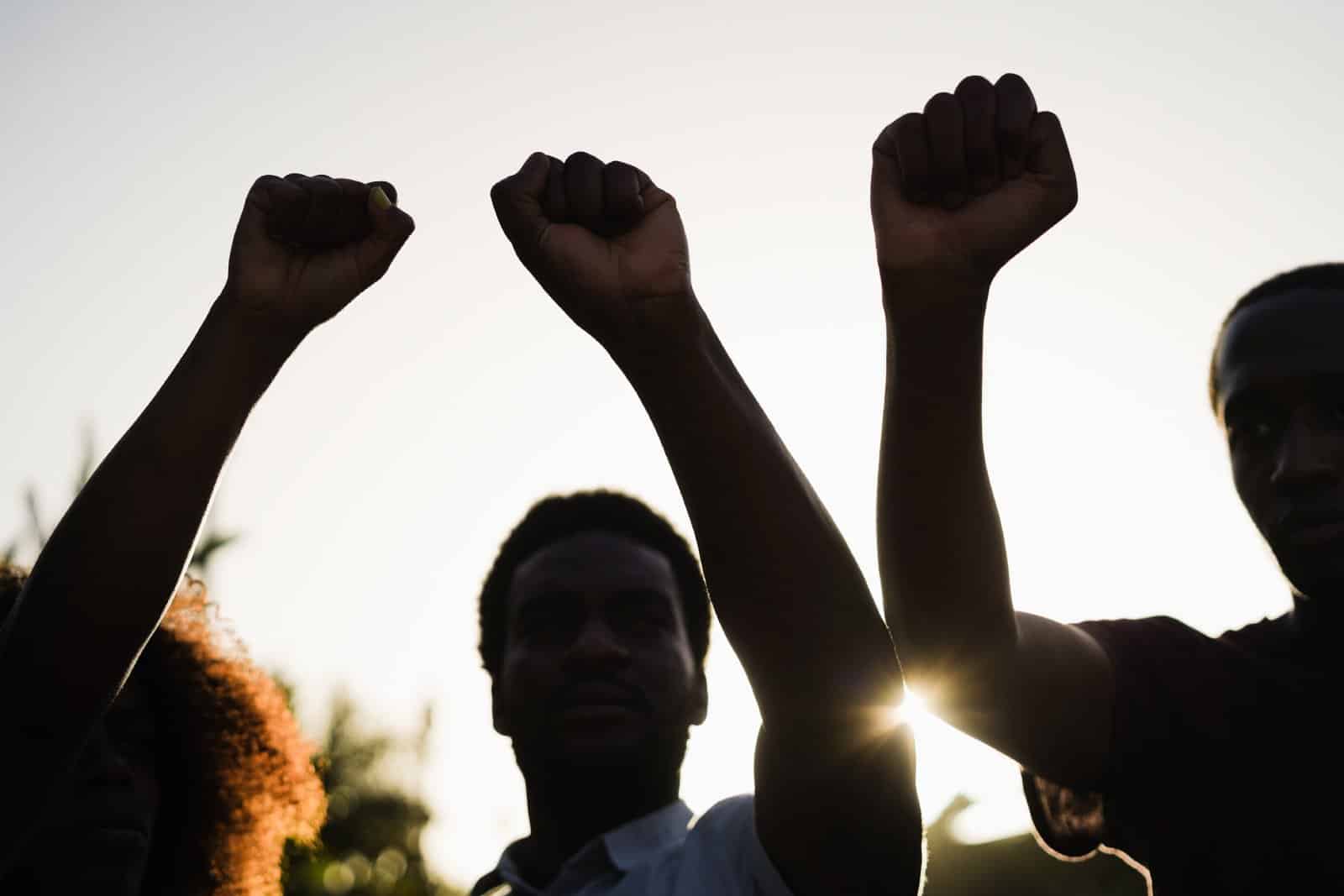
Black Americans are underrepresented in media and entertainment, which shapes public perception of history. When Black stories are told, they are often reduced to stereotypes or relegated to specific “Black History Month” segments rather than being integrated into the broader narrative.
14. Impact of Civil Rights Movement
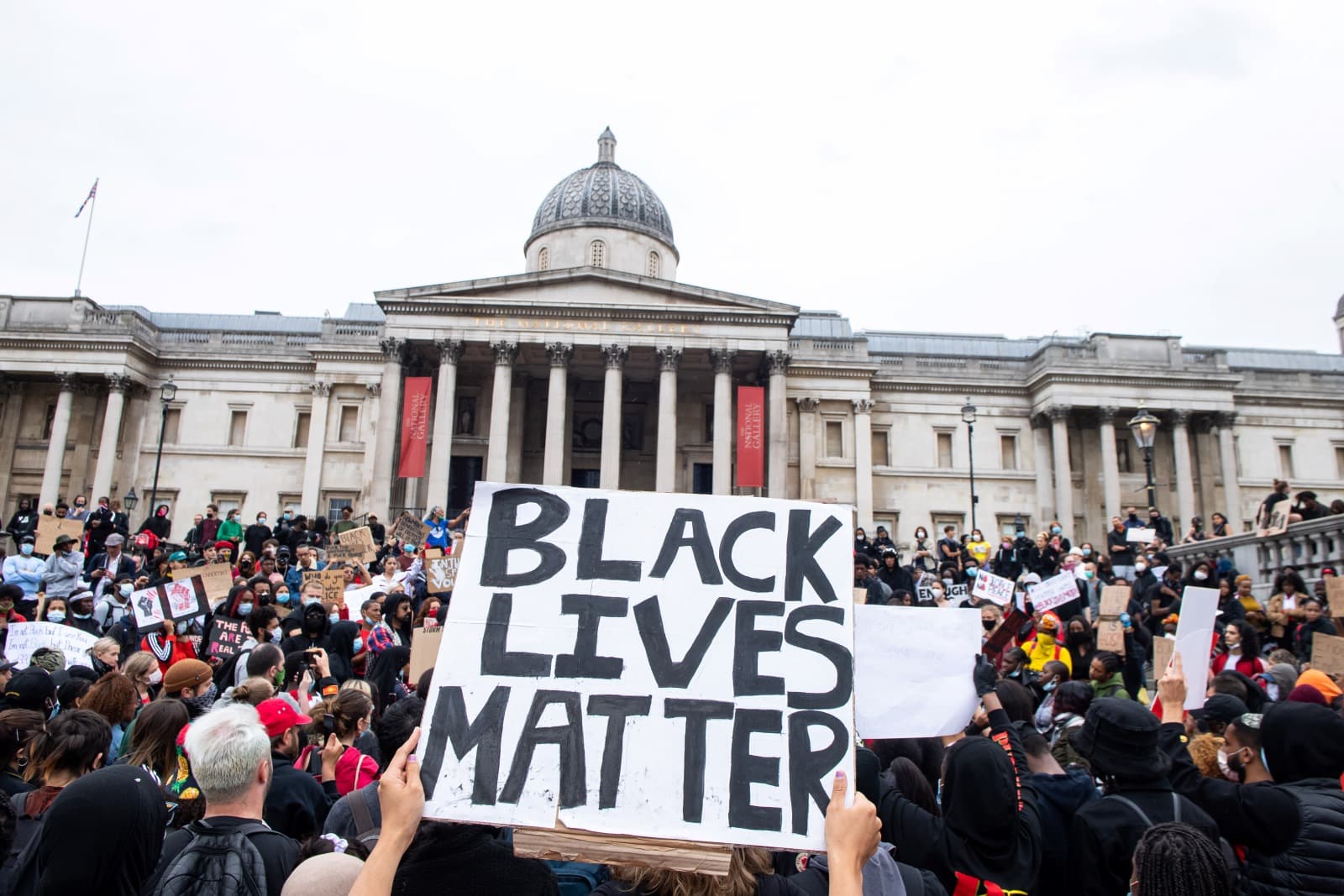
While the civil rights movement made significant strides, its portrayal is often limited to a few key figures and events. The broader and more complex struggles of the movement, and its ongoing impact, are frequently overlooked in mainstream history.
15. Resistance to Reparations

Discussions about reparations for slavery and systemic racism are often met with resistance. This resistance stems from a refusal to acknowledge the lasting impact of slavery and discrimination on Black communities. According to a Pew Research Center survey, most Black Americans support reparations, yet this topic remains contentious and largely ignored by the broader public.
16. Historical Violence and Uprisings
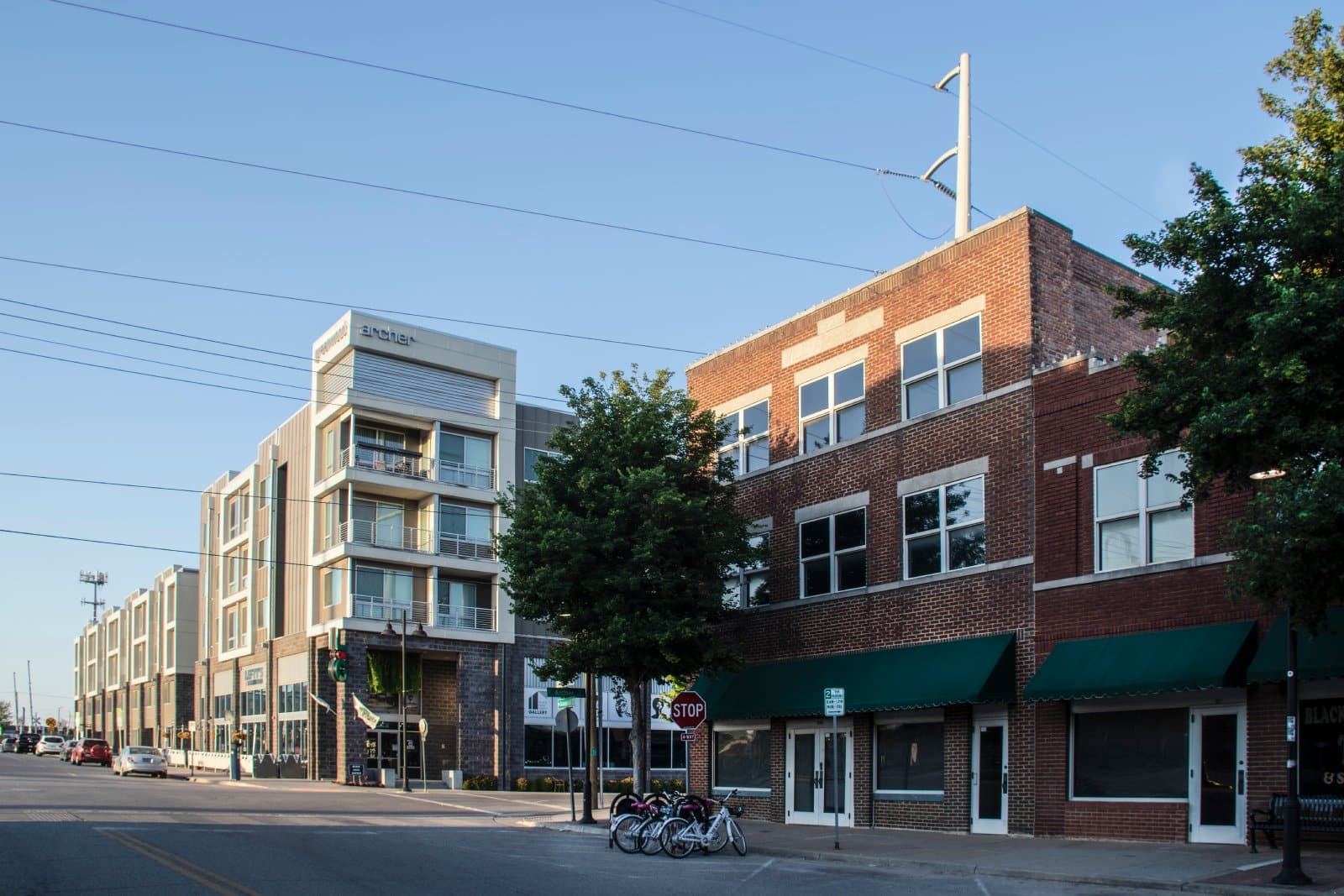
Historical events of racial violence and uprisings are often downplayed or omitted from American history. Incidents like the 1965 Watts uprising and the 1921 Tulsa Race Massacre are critical to understanding the systemic nature of racial oppression but are rarely included in mainstream narratives.
17. Exclusion From Voting Rights

The exclusion of Black Americans from voting rights has been a significant part of American history. Despite the Voting Rights Act of 1965, recent rollbacks have limited voting access, disproportionately affecting Black communities and perpetuating a cycle of disenfranchisement.
18. Cultural Appropriation
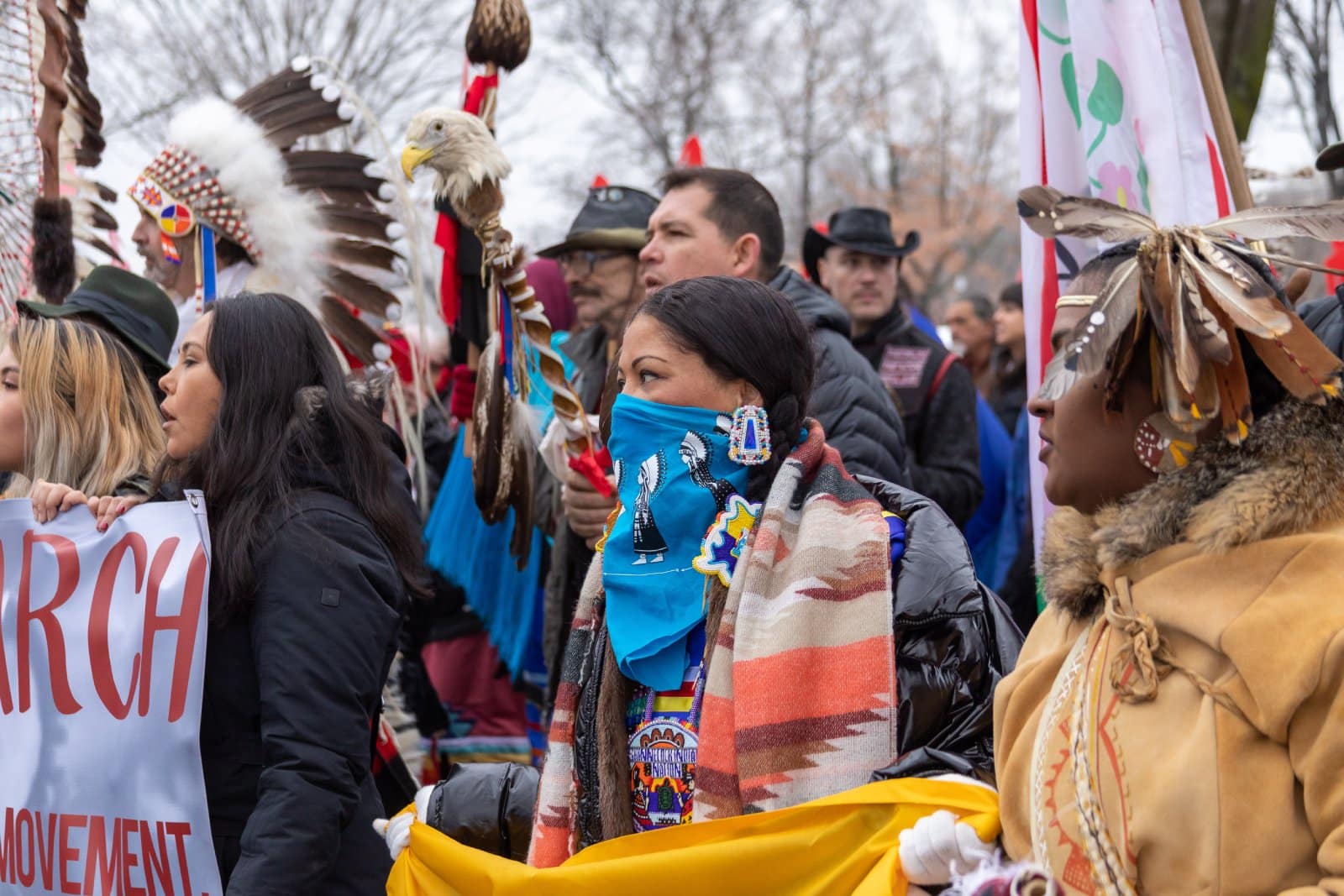
Cultural appropriation further denies the contributions of Black Americans. Elements of Black culture, such as music, fashion, and language, are often adopted without proper acknowledgment of their origins, further erasing Black history from mainstream awareness.
Reflecting on America’s Denial of Black History
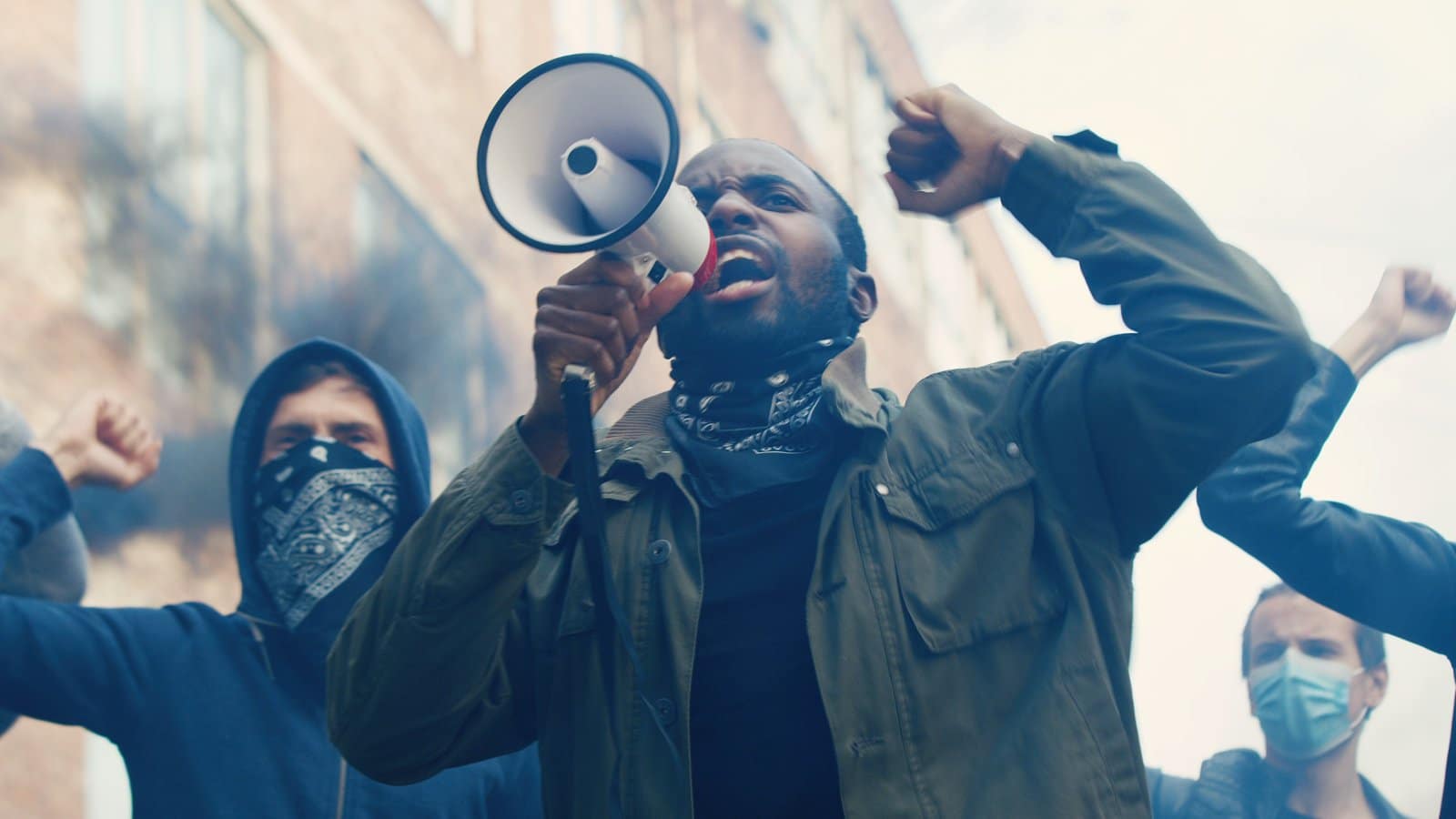
Only by acknowledging and understanding the full scope of Black history can we move towards a more inclusive and accurate representation of American history. Addressing this issue requires a concerted effort to include comprehensive Black history in education, media, and public discourse, and to confront the uncomfortable truths about the nation’s past.
21 Beliefs About the Bible That Are Actually False

The Bible is one of the most discussed and debated books in history, yet many common beliefs about it are more myth than fact. How many of these misconceptions have you heard before? 21 Beliefs About the Bible That Are Actually False
21 Subtle Racisms That Are Commonplace in America

Racism in America isn’t always overt; it often hides in plain sight through subtle actions and attitudes. How many of these subtle racisms have you noticed around you? 21 Subtle Racisms That Are Commonplace in America
Only Legal in America: 21 Things You CAN’T Do in the Rest of the World
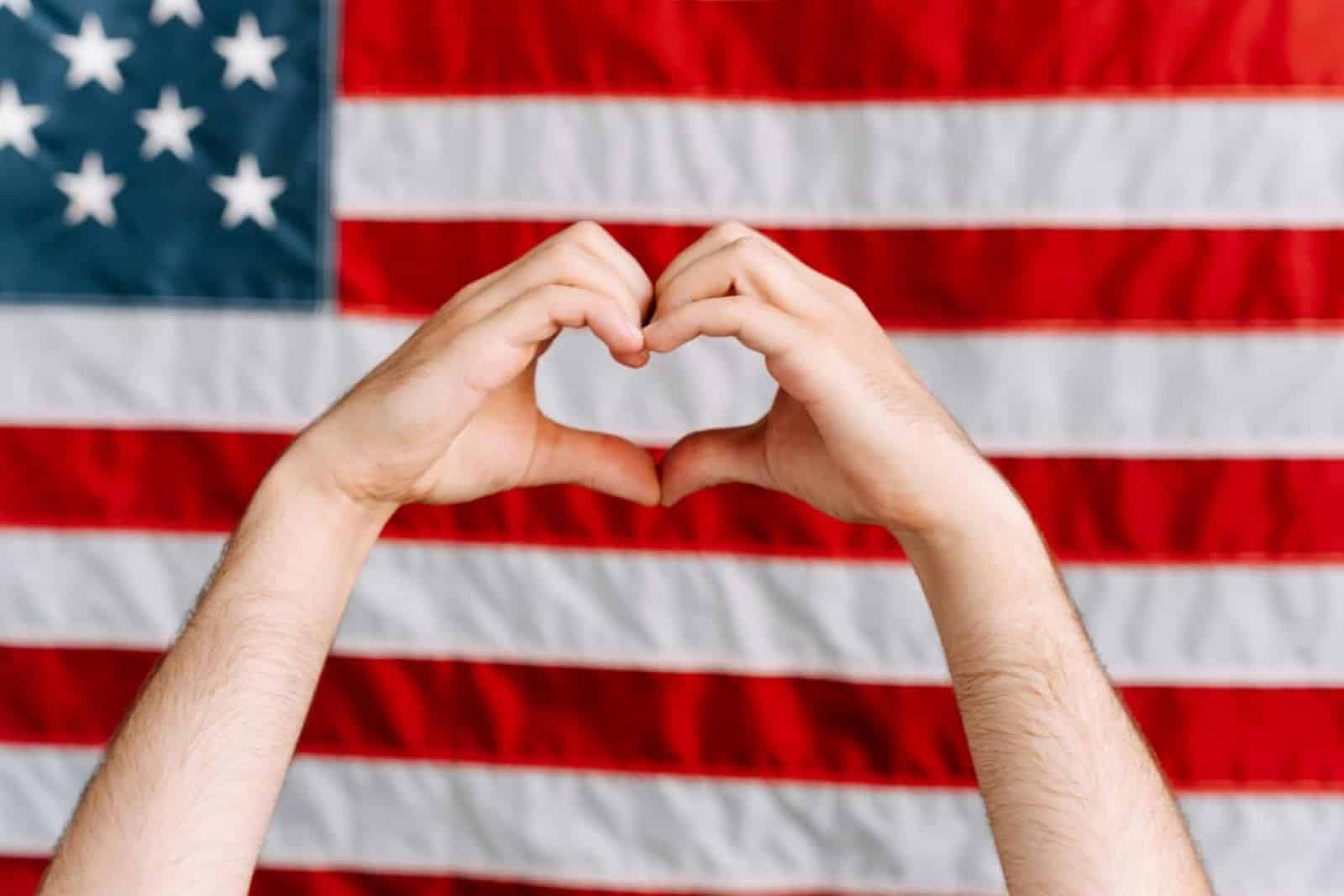
The U.S. dances to its own beat, especially when it comes to laws that make the rest of the world do a double-take. Here’s a lineup of things that scream “Only in America,” sticking strictly to what’s written in the law books. Ready for a tour through the American legal landscape that’ll leave you wondering if freedom might just be a bit too free? Only Legal in America: 21 Things You CAN’T Do in the Rest of the World
Featured Image Credit: Shutterstock / AlessandroBiascioli.
For transparency, this content was partly developed with AI assistance and carefully curated by an experienced editor to be informative and ensure accuracy.

